From the November 22, 2002 Chicago Reader. — J.R.
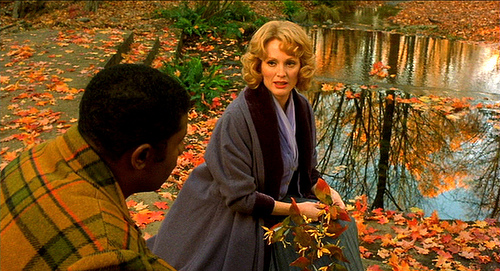
Far From Heaven
**** (Masterpiece)
Directed and written by Todd Haynes
With Julianne Moore, Dennis Quaid, Dennis Haysbert, Patricia Clarkson, Viola Davis, and James Rebhorn.
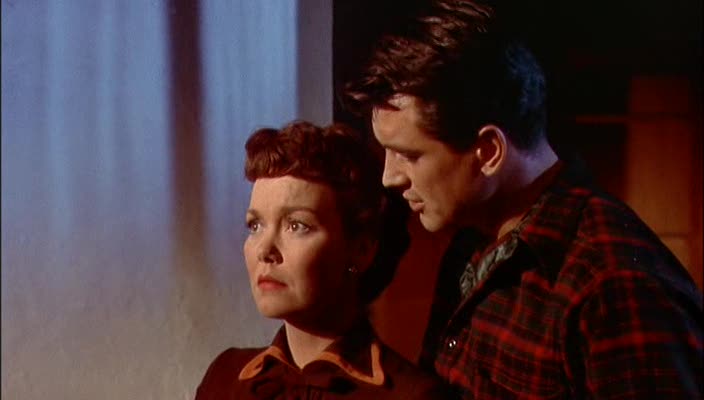
It becomes apparent that in this context, for practical purposes, “Sirk” does not denote a mood or a philosophy or a set of plot elements, but rather a repertoire of technical decisions. With that lexicon of effects, new sentences can be written. — Geoffrey O’Brien, writing on Far From Heaven in the November issue of Artforum
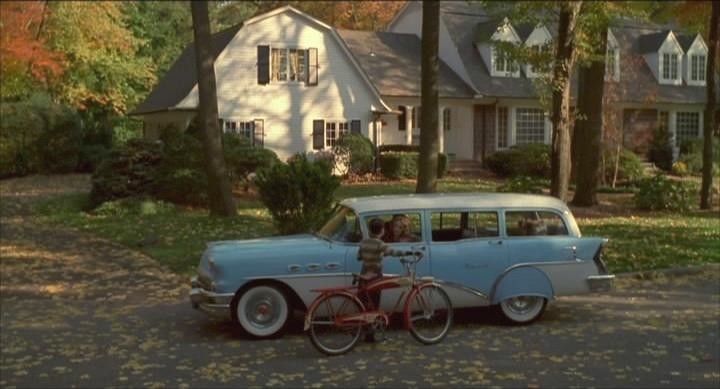
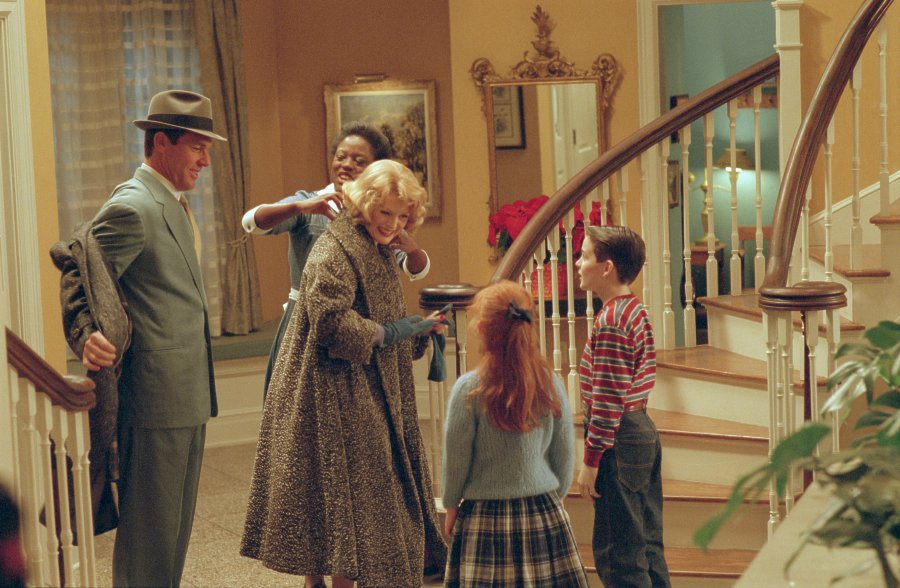
Todd Haynes’s Far From Heaven — a revisionist pastiche of the Technicolor melodramas Douglas Sirk made for Universal Pictures in the 1950s — was easily, and in some ways deservedly, the most popular movie among critics at the Toronto film festival in September. Though less obviously a tour de force than many flashier recent art films, such as Alexander Sokurov’s one-take feature Russian Ark, it’s no less impressive as a technical achievement.
Despite the Toronto buzz, Far From Heaven may not become a hit, even in art theaters (though I’ve heard it had a strong opening week at the Landmark). Having twice discussed it with audiences (as part of Talk Cinema screenings at Northbrook and Pipers Alley), I’ve seen how it can divide viewers. Read more
From the Chicago Reader (June 1, 2002). — J.R.
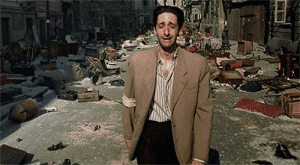
Roman Polanski’s 2002 film about classical pianist Wladyslaw Szpilman (Adrien Brody), a Polish Jew who managed to survive the Warsaw ghetto, won the top prize at Cannes and an Oscar for best director, and it’s easy to understand why: Polanski, himself a survivor of the Krakow ghetto, is so authoritative in showing us what life there was like that this film makes more conventional heart tuggers like Schindler’s List shrivel to insignificance. He appears to follow Ronald Harwood’s adaptation of Szpilman’s autobiography with scrupulous thoroughness, as well as with the special patience that it takes to show a passive and mainly unheroic victim surviving. All of Polanski’s films reflect the grimness of his war experience in one way or another, and this feature serves to clarify some of the emotions and attitudes found in the others. The results are masterful, admirably unsentimental, and never boring, if also a little stodgy. The Polish dialogue is rendered as English, the German is simply subtitled. R, 148 min. (JR)
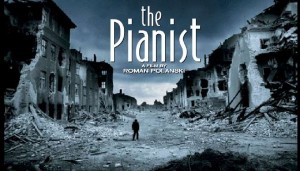 Read more
Read more
This was written for the January 26, 1990 issue of the Chicago Reader, a good five years before the premiere of at least one of my absolute favorite Akerman films: her non-fictional From the East (see the first photograph below; just below that is a smaller still from her subsequent From the Other Side in 2002, which isn’t exactly chopped liver either ). But in fact there were many high points and wonders from Akerman since then. — J.R.
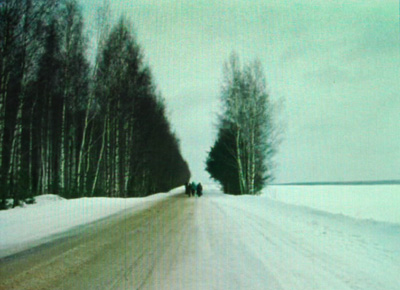


THE FILMS OF CHANTAL AKERMAN
On one hand, the films of the 39-year-old Belgian filmmaker Chantal Akerman are about as varied as anyone could wish. Some are in 16-millimeter and some are in 35; some are narrative and some are nonnarrative; the running times range from 11 minutes to 205. The genres range from autobiography to personal psychodrama to domestic drama to comedy to musical to documentary to feature-in-progress — a span that still fails to include a silent, not-exactly-documentary study of a run-down New York hotel (Hotel Monterey), a vast collection of miniplots covering a single night in a city (Toute une nuit), and a feature-length string of Jewish jokes recited by immigrants in Brooklyn exteriors (Food, Family and Philosophy), among other oddities. Read more









